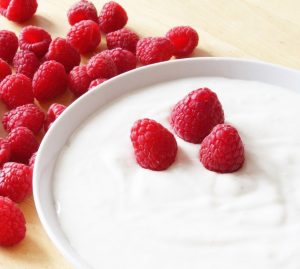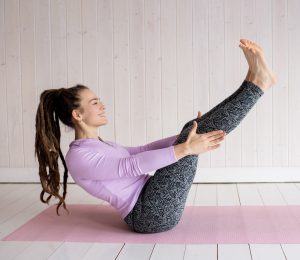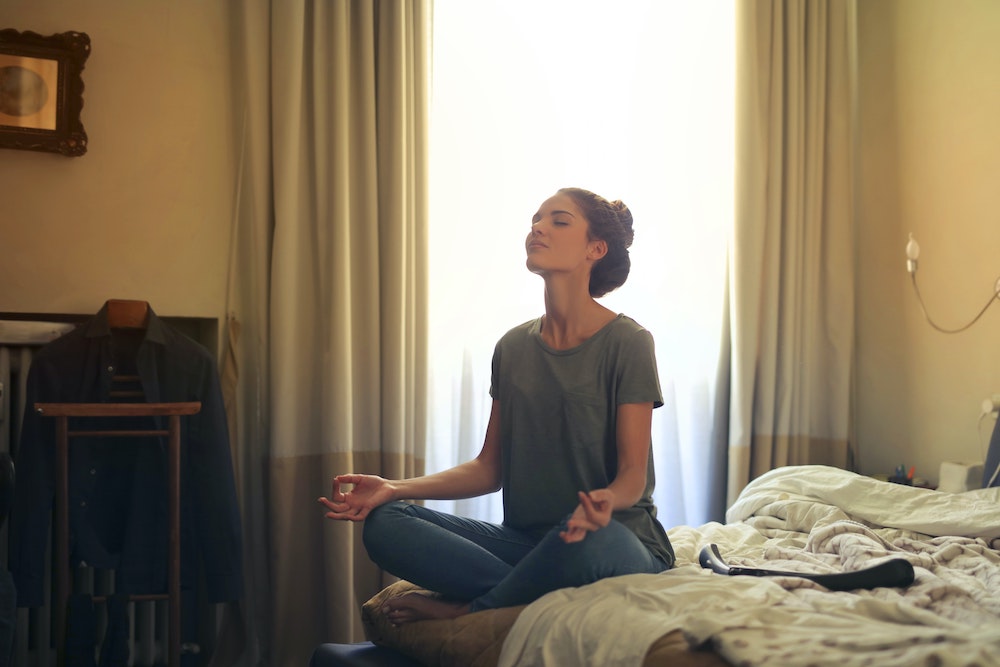In these challenging times, many of us find our normal self-care routines disrupted. We’re discouraged (or outright banned) from attending our usual in-person recovery meetings, we may be missing the usual physical activity we get from walking to and from activities in our day, and we may be doing a fair bit of emotional/stress/boredom eating. Not necessarily a recipe for feeling our best, especially as our brains remain on high-alert due to the anxiety and uncertainty provoked by the latest sobering coronavirus statistics on the news. And yet, we still have so much power to make positive changes in our lives when we focus on what we can do!
Those of us in the rooms have seen the story many times of someone at the absolute worst, caught in a seemingly impossible situation of deeply entrenched bad habits. And yet, through the miracle of recovery, something shifts in exactly that dire moment and they commence a truly amazing transformation. This can be all of our stories right now.
Even in the face of this global crisis, we have an opportunity to use the disruption to our usual routines for the best.
Rather than sinking into habits that do not serve us, our communities, or our recovery, we can use this time to be thoughtful about how we want to take care of our mental and physical health. So let’s take a look at what we need to know as we develop some positive new habits.
What are habits?
Habits can be defined as “automated decisions”, according to Gretchen Rubin. This short definition captures much of the research around how habits are formed and how they come to be so strong. As people in recovery from addictions well know, at some point, we made the conscious choice to engage in a particular behaviour. We received some kind of reward for it (brain chemicals signaling pleasure, a sense of belonging in a peer group, relief at “checking out” of painful emotions), and we were motivated to continue repeating that action. With enough consistent repetition, in time new neural grooves are carved into our brain, and we no longer need to think about the activity – we do it automatically. This is when it’s moved from a choice to a habit.
We have so much power to shape those habits to be positive and supportive! Research suggests it takes an average of 66 days to set a habit. For some people, it took as long as 254 days in one of the most important studies about habits! So whether you want to break or create one of your own “automated decisions”, that’s a realistic timeline to keep in mind. Let’s be kind to ourselves as we give it a go, rather than beating ourselves up for “failing” with some new healthy behaviour we want to incorporate in our lives.
What habits should we focus on now?
There are a few key areas where our actions offer huge rewards right now. We’ll focus on food, mindset, and movement here.
Food and Mood
Our food choices impact our energy, immunity, and feel-good weight range. A simple action step to begin with is to include at least 25 grams of protein at every meal, especially at breakfast. This will help reduce cravings later in the day, and maintain our energy levels, strength, and metabolism. It’s the #1 tip I give to clients about how to ensure they stay in a happy, healthy weight range and give their bodies the building blocks of a robust immune system. DM me if you’d like a resource on the best protein sources to help you crack that goal. Whilst you’re focusing on adding that protein, it’s ideal to reduce the amount of red meat, added sugars, and (of course) alcohol you consume, as all of these are associated with increased inflammation and gut problems.
Speaking of digestion, you’ll want to pay attention to your gut health in order to stay resilient in body and mind. Up to 80% of your serotonin is produced in the gut – that’s one of the “happy hormones” that helps ensure a sunny and stable mood. There’s also a 2-way communication channel between your brain and your belly called the vagus nerve. If your gut health is poor, it impacts your mood and immunity.

Joyful Movement
Our strong, healthy bodies are a kind of “use it or lose it” deal. We’ve got to stay active with some kind of movement we enjoy in order to remain healthy both mentally and physically right now, and to set the stage for our future. This does not mean we all have to sign up for a marathon – good news, as standing around waiting for the race to start would surely violate physical distancing guidelines! We can make it much easier on ourselves to succeed, by lowering the bar here.

Mindset & Mindfulness
We can take that same spirit of intention to our mindset. Checking the “default settings” of how our thoughts go is important, because our survival mechanisms have us set up to scan for danger all the time. This is important, of course, but if we let that direction take over our entire focus, we fall out of balance and anxiety and depression are often the result. Instead, we might want to keep our future self in mind, knowing that the choices we make today can elevate how we feel right now, and set the stage for a happy, healthy, high-energy life in the future.

Finally, let’s not forget that mindfulness and gratitude are so important right now. Being human is hard sometimes! Mindfulness allows us to feel what’s going on right now without reacting to it. It helps with increased self-compassion, healthy weight maintenance, and immunity. Mindfulness even benefits longevity, by increasing the telomeres on our DNA! It also reduces cravings (research in addiction and binge eating studies) and reduces inflammation (and therefore chronic health concerns). Honestly, there’s no making this up—it’s what the leading edge of research is demonstrating. Those are stupendous wins, for just a few minutes a day of simply breathing and being with ourselves and our higher power. That’s really something to be grateful for.
Gratitude works – it helps us reset our default mental alarm circuits so we can see the gifts we have. When we can reorient toward those gifts, we are in a better place for our own mental and physical health. From there, we are better resourced to support the people we care about, and connect with our communities. And at this point of time, our communities need us to be healthy and resilient and to show up with kindness, generosity, and care.
We’ll be talking about these wellness strategies and many more on our upcoming weekly wellness meeting, Nutrition, Health, and Wellness with Lulu Cook, APD/RDN. Please join us to be part of the conversation!
And please feel free to reach out to me directly in the meantime with any questions or concerns you may have. It’s a wild time right now, and it’s good to support each other to stay healthy in body and mind!







